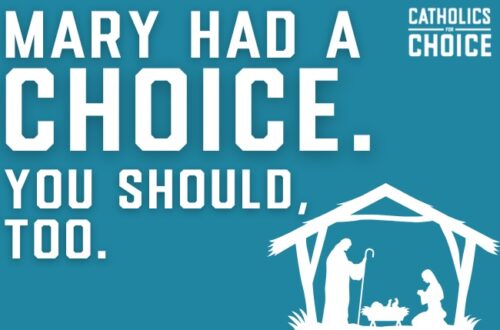Human Rights – A Response to Religious Extremism
Human rights are very appropriately named. They give us a rights-based framework that can be used by individuals and policymakers alike. However, they are also complex, complicated and imperfect—the hallmarks of all humans. But while they cannot be perfect, at their heart they deliver one of the most singularly powerful messages there is—that each and every one of us is equal and deserves to be treated with dignity.
As such, I consider human rights to be the strongest tool we have to respond to religious extremism. This is the message we need to raise with decision makers and opinion leaders in Europe: You need to trust in the power of human rights, especially at a time when dogmatic rhetoric in some parts of Europe is attempting to devalue them. When national and European politicians are attempting to deal with religious extremism and counter its effects, human rights are the best way to navigate to a successful conclusion.
Why do we say that human rights are a good starting point? Human rights are built on the premise that we all share a common humanity. Using human rights as a starting point is incredibly useful, as it diffuses potential tensions straight away. It sets an instant equilibrium. When everyone’s identity is equally respected, it establishes mutual trust. Examining current debates through a human rights lens—those involving religion and its interaction with sexual orientation or gender identity, for example—is also the best way to guard against inequality. Using a framework based on dignity and fairness is the best way to balance concepts that appear to be in conflict with one another.
This is crucial when discussing how various human rights can complement and intersect with one another. If we begin from a personal perspective in which equality and inclusivity are paramount, then we are much more likely to see our similarities, instead of picking up on our differences. The human rights frame can deflate the myths (artificially built up around certain ideologies by extremist organizations) to see the real people behind an opinion or worldview.
Looking at claims made by religious ultraconservative or extremist groups through a human rights lens can also be a very practical exercise for legislators. They can ask themselves about the real impact of initiatives put forward by such groups, taking power dynamics and privilege into consideration. Who will be really affected if these groups have their way? Could there be unintended consequences for others? For instance, when groups claim that marriage should be only between a man and a woman, whose view of the world is being valued more than another? Won’t limiting access to marriage leave more couples and families without legal protection, rather than taking rights away from any other group of people?
My suggestion for counteracting extremism is to recognize our unique differences and see how a human rights framework can help us increase our cooperation. Human rights should not be misunderstood as some sort of equality ceiling, beyond which we cannot reach. They are the fundamental minimum standard of protection that all of us are entitled to by virtue of our existence.
We should be having public debate when human rights overlap. Discussion and sharing opinions is healthy, when it is done on a level playing field. Human rights offer us this level playing field. Let us use this opportunity to work together and increase our shared understanding of each other.




